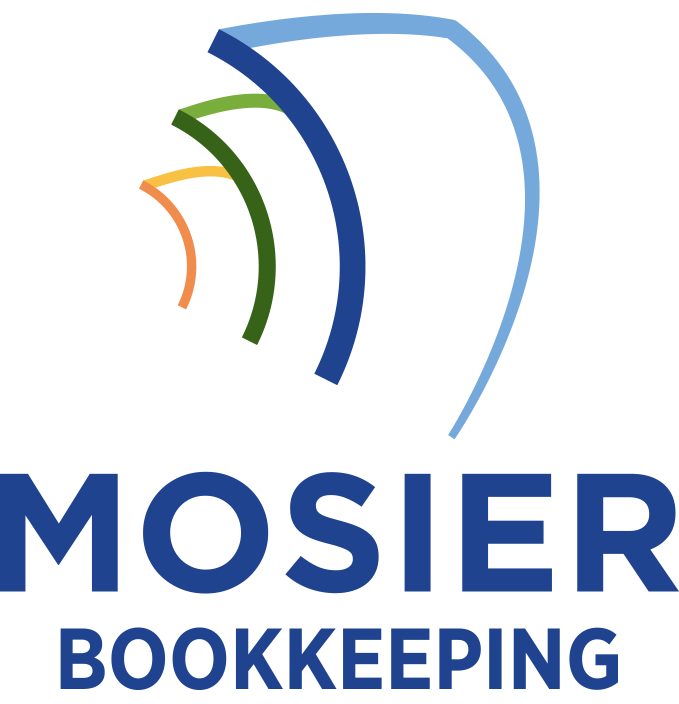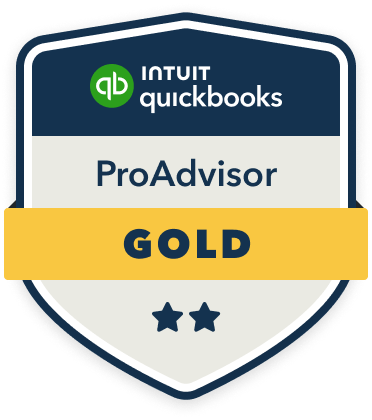I recommend reviewing your bookkeeping records at least monthly, but your specific business needs may require more frequent checks. Small businesses should conduct weekly cash flow reviews, while larger enterprises need daily monitoring. You’ll want to focus on cash flow statements, accounts receivable, and bank reconciliations during each review. Establishing a consistent schedule helps catch errors early and prevents financial surprises – your ideal review frequency depends on your business size and complexity.
Signs Your Business Needs More Frequent Bookkeeping Reviews

While maintaining regular bookkeeping reviews is essential for any business, certain warning signs indicate you need to increase their frequency. I’ve observed that unexplained cash flow fluctuations, mounting unpaid invoices, and growing discrepancies between projected and actual revenues demand immediate attention. You’ll need more frequent reviews if your business is rapidly expanding, entering new markets, or experiencing seasonal volatility. Watch for increasing transaction volumes, multiple revenue streams, or frequent vendor payment issues. If you’re struggling to track expenses or notice irregular bank reconciliations, it’s time to intensify your review schedule.
Recommended Review Schedules Based on Business Size
These warning signs often point to the need for a structured review schedule tailored to your business size. I recommend weekly reviews for small businesses with under $500,000 in revenue, focusing on cash flow and accounts receivable. For mid-sized companies ($500,000 to $5 million), conduct bi-weekly reconciliations and monthly in-depth analyses into financial statements. Large enterprises ($5+ million) need daily monitoring systems and formal weekly reviews. If you’re a solopreneur or freelancer, set aside time every Monday to review your previous week’s transactions. I’ve found that businesses thrive when they match review frequency to operational complexity.
Key Areas to Focus on During Each Review

Regular bookkeeping reviews must zero in on five critical areas to guarantee financial accuracy and business health. First, scrutinize your cash flow statements to track money moving in and out. Second, examine your accounts receivable aging to identify late payments and collection issues. Third, review your accounts payable to maintain vendor relationships and capture early payment discounts. Fourth, analyze your profit and loss statements to spot concerning trends or opportunities. Finally, reconcile your bank statements to catch errors, unauthorized charges, or fraud. I’ll help you master each of these areas for maximum financial control.
Common Mistakes in Review Frequency and Their Impact
Business owners frequently make costly mistakes when it comes to the timing of their bookkeeping reviews. I’ll show you how to avoid the most damaging errors that can derail your financial control.
| Review Error | Impact | Solution |
|---|---|---|
| Annual-only reviews | Miss fraud indicators | Monthly reconciliation |
| Random scheduling | Data inconsistency | Fixed review calendar |
| Rushed reviews | Oversight of details | Dedicated time blocks |
| Delegating without oversight | Loss of control | Two-tier review system |
| Reactive vs. proactive | Crisis management | Scheduled monitoring |
Don’t wait for problems to surface before examining your books. I’ve seen businesses fail because they didn’t catch issues early enough. Take control by implementing systematic reviews that protect your interests.
Best Practices for Establishing an Effective Review System

Having identified the common review errors, let’s focus on building a sturdy review system that works. I recommend establishing a three-tier review framework: daily cash flow monitoring, weekly reconciliation checks, and monthly exhaustive audits. You’ll need to implement automated alerts for unusual transactions and set non-negotiable review dates in your calendar. Create a customized checklist that prioritizes your business’s critical metrics. I suggest leveraging cloud-based accounting software to streamline the process and maintain version control. Structure your reviews around tax deadlines and regulatory requirements to maximize efficiency and guarantee compliance.









